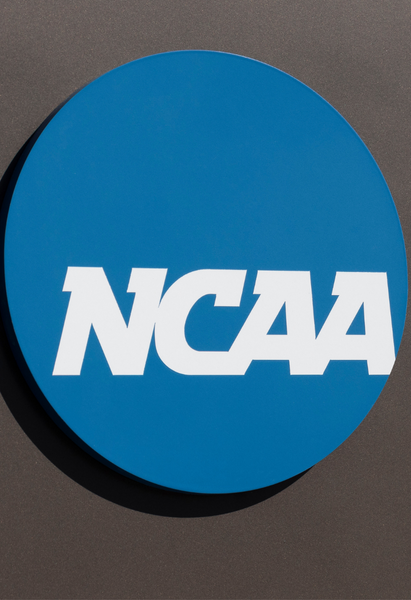If your son or daughter is a college athlete, they are allowed to participate in NIL (Name, Image, and Likeness) activities without impacting their NCAA eligibility. This policy change will mean changes to their finances, and they will need to file taxes because of their added income. But how do these money-making extracurriculars impact your taxes, as their parents?
Here is a short guide to filing your taxes if your child is partaking in NIL activities.
Dependent Status
As a parent of a college student-athlete you may be wondering if you can claim your college athlete as a dependent? While there are different eligibility criteria to consider on who you can claim as a dependent, one in particular to consider as it relates to NIL is financial support. If you provide more than half of your child’s financial support then you may be able to claim them as a dependent. Financial support includes costs related to housing, food, clothing, necessities and more for your dependent.
Depending on how much money your student-athlete is receiving in NIL sponsorship deals will factor into that financial support requirement to claim them as a dependent. If their NIL income is more than the support they are receiving from you it is possible that they no longer qualify to be your dependent. Moreover, if your child is over the age requirement (under age 19 or under 24 and a full-time student for at least 5 months) to be claimed as a dependent child they can be claimed as a dependent relative. But they can only be claimed as a dependent relative if they did not make over $4,700 for 2023.
Note, if your child is no longer able to be claimed as your dependent, you will not be able to claim education credits for them on your tax return.
Financial Aid and Scholarships
If your child received financial aid or scholarships based on need such as the Pell Grant or other award programs it’s possible that your child’s eligibility could be impacted. Since money received from NIL sponsorship deals is considered taxable income it should be included on your Free Application for Federal Student Aid (FAFSA). This influx of income could result in a reduction in the amount of student aid your child may be eligible to receive.
Paying Taxes on NIL income
Income your college athlete receives from NIL activities is considered taxable income. Your college athlete may receive NIL compensation in different forms:
- Monetary compensation: Payments in the form of monetary compensation include payments for endorsements, sponsorships, appearances, social media brand deals, etc.
- Non-cash compensation: While not in the form of cash, any items such as free cars, trips, products, apparel, equipment that your college athlete receives is also considered taxable and should be claimed on their taxes at the fair market value of the item. It is also possible your athlete receives a 1099 for the cash equivalent of those items, but even if they don’t they should include the fair market value of the item on their taxes
The IRS considers most student-athletes to be independent contractors and their NIL income is considered self-employment income (similar to if they did side-gigs). If your athlete earns net income (gross income less expenses) of at least $400 a year then your athlete’s net earnings are subject to self-employment tax. The self-employment tax rate is 15.3 percent (12.4% for Social Security taxes plus 2.9% on Medicare taxes). In addition to self-employment taxes your child may also owe income taxes, but don’t forget that expenses directly related to their NIL activities can be deducted lowering both self-employment taxes and federal income taxes. Make sure you deduct expenses like advertising, PR expenses, travel, and website fees if they are directly related. Don’t worry about knowing all the deductions you can take. TurboTax Self-Employed searches for industry-specific deductions that you may not even be aware of.
Tax Forms
If your student athlete receives compensation of at least $600 (in cash or non-cash payments) the company should send them a 1099-NEC for the value of the goods and payments they received over the year. Regardless of if your college athlete receives a Form 1099 or not they should track all their NIL income and report it to the IRS when filing taxes.
State Taxes
If your student-athlete is receiving NIL income in multiple states it could mean multiple state tax return filings. While state tax rates vary, some states don’t tax income at all. Your child may be required to file resident or non-resident tax returns in those particular states. Generally, your child’s resident state is the state where you (the parents) live while a non-resident state could be a state in which your child is required to file because of where they go to school or where they’ve worked as part of their NIL deals. Though your child may be required to file multiple state returns that does not mean they will be double taxed. Thankfully, there are rules to keep your child from having to pay tax twice on the same income because of reciprocity agreements or credits for taxes paid.
Don’t worry about knowing the NIL income rules. No matter what moves you made last year, TurboTax will make them count on your taxes. Whether you want to do your taxes yourself or have a TurboTax expert file for you, we’ll make sure you get every dollar you deserve and your biggest possible refund – guaranteed.
-
Previous Post
TurboTax Goes Behind-the-Scenes at the #NIL Summit

















